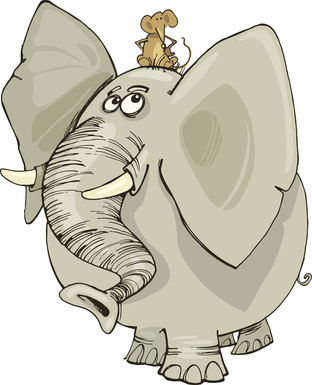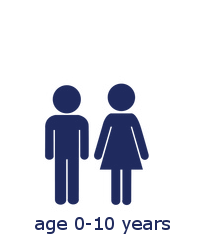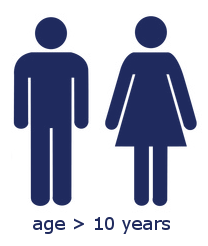To determine if 168 is a good or a bad resting pulse rate please select if you are analyzing the heart rate of a child (0-10 years) or a young adult / adult (10-99) years:
The heart rate was measured on a
There are a lot of factors that influence the human heart rate, such as the physical fitness, medications, emotional changes or simply the air temperature and the position of the body.
But most of all, the heart rate changes on the person growing up and becoming older. While a pulse of 150 on a 3 month old child can be perfectly within normal range it would be quite worrying to have said pulse as an adult.
Why is that?

Elephant and mouse - completely different heartbeats
Larger animals obviously do have larger hearts too, and they again are connected to larger veins and larger arteries. Therefore their hearts can generate great pressures while pumping blood, and due to the quantity it also takes longer for the pressure to push the blood to limbs 'far' away.


